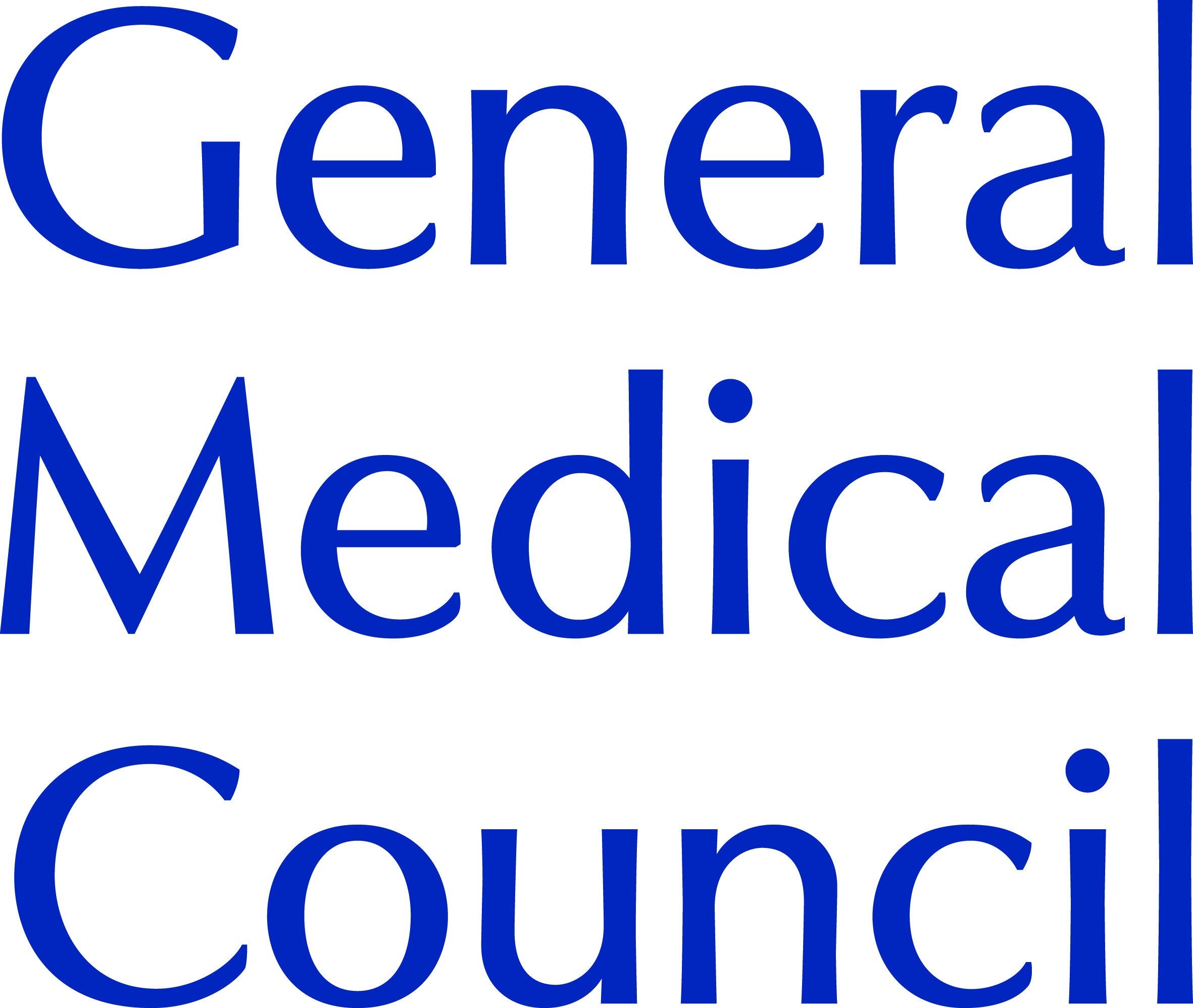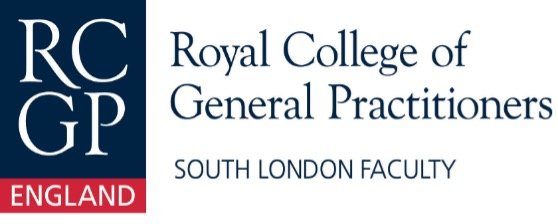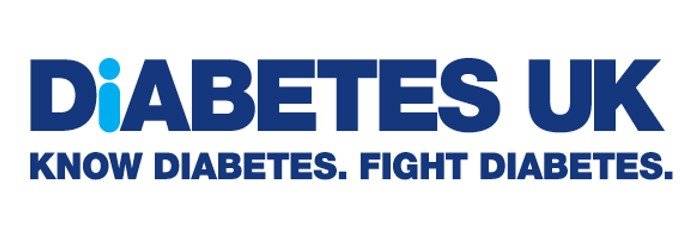Online and Face-to-Face communication skills training for health and social care professionals
Compassionate Conversations Where They Really Count
‘This award-winning training uses a unique, outcomes-focused communication framework ‘SCARS’ brought to life with real-time learning through skilled facilitation and coaching. Whether you want to prepare for a difficult conversation or you suddenly find yourself fresh in the middle of one, we teach you techniques and tips to start and close them safely & positively.’
Founder: Dr Catherine Millington-Sanders
Difficult or challenging conversations don’t have to be painful for either party
We can all think of conversations at work that could have gone better - whether with a work colleague or a patient and their family. Our training develops skill, confidence, and knowledge and introduces tools to confidently master conversations, across different scenarios, however challenging.
Examples of group training for health and social care professionals:
Multi-professionals – community and acute settings
Staff groups from settings such as ITU, A+E, care homes, social prescribers, link workers, social care workers, occupational therapists, physiotherapists or ambulance teams
Bands 1-4, trainees, undergraduates
NHS and Independent sector
Training Workshops
1. Care Planning and Communication quality improvement skills
***GMC Endorsed***
Our key workshop focuses on end-of-life care planning and communication skills with the following modifications available:
Non-EOL difficult conversations with patients/families/carers around difficult diagnoses or other issues
End-of-Life Care Double Masterclass: Difficult Conversations Care Planning + Advanced Legal Issues
Other examples of specific clinical and non-clinical areas we cover under this umbrella are:
Cancer care
Elderly/ frail care
Young Person Care
Surgical care
Antibiotic use
Equity of care, e.g. for groups including LGBT, BAME, learning, and physical disabilities
Coaching for administrative support staff in dealing with difficult conversations
Testimonial:
I think all the staff who participated feel supported and valued, in that we have invested time in helping them with challenging conversations and, as a manager, I feel this has had a generally positive effect on wellbeing in the team.
2. Effective Feedback Masterclass
Giving feedback is crucial in roles such as appraisers, employers, and supervisors. It's also important in relationships between different roles e.g. clinicians and managers. Improving the quality of your ‘effective feedback’ can increase performance, enable behaviour change and career development. Evidence shows that giving and receiving feedback are skills that can improve with practice and training.
This course has been designed specifically to help professionals develop new techniques, increase confidence, knowledge, and skills when providing feedback to others. Effective feedback enables both your professional growth and success in leadership.
No matter how challenging the topic; our experienced practitioner-trainers can help you take your leadership skills to the next level.
Testimonial:
Very good balance of theory/ideas with trying things out. Excellent opportunity to learn from colleagues’ experiences
3. Change Conversation Skills Masterclass
Suitable for all healthcare professionals looking to improve the communication skills that motivate behaviour change
Course Objectives:
“ Build knowledge, confidence, and skills to encourage healthy lifestyle changes
“ Understand a framework for effective communication and motivational interviewing to empower patients
“ Understand how to use in-care & support planning and self-management
“ Practice how to apply empowering communication to real-life examples
Resilience: Anti-stress, Wellbeing and Motivational Interviewing training
Testimonial:
Great facilitator. Thank you. I really enjoyed the training.
It was great to learn from real examples and from her actually demonstrating how to do it well. I look forward to her coming to train us again.
4. Children & Young People
Understanding, engaging and communicating with children and young people
Advanced Communication Skills training specifically for professionals working in child and youth-centred environments where effective and compassionate communication is vital in interactions with young people and their families or guardians.
Professionals who work with young people are doing extremely skilled and sensitive work, not just in the health or teaching service they provide but in their understanding of the complex issues facing children and young people as well as the legal framework and family dynamics that form the context of their work.
The Department of Health guidelines for working with young people outlines a highly developed and knowledgeable approach, requiring the professional to have a strong capacity for understanding and communication with this young audience within a culturally sensitive and inclusive service.
Professionals are regularly navigating issues of consent and confidentiality with family relationships which are often complex. Safeguarding, equality and human rights issues underlie all work done with young people.
Expert-led training on child and youth communication
Testimonial:
Really great day. I have been feeling challenged by the emotions that arise and it was such a relief to talk about them, make sense of it through theory and practice. Introduced some really useful and usable strategies to take back to work. Thankyou!
5. Inspiring Recovery and Resilience Through Covid
Option 1: For NHS teams generally (cross-sector, clinical and non-clinical staff)
Life-changing training and support for those working in the face of the Covid pandemic
This course is about understanding and exploring the complex impacts of the COVID pandemic on professionals who are working in support roles in health, social services and education.
Learn how we support each other through adversity. Individual staff members, teams and services have been stretched beyond their limits and we need to know how to recover.
Recovery doesn’t mean getting back to the old normal: Our systems were already stretched and broken
Recovery demands a deeper understanding of what happened and what is needed now
Recovery needs an understanding of what makes us stronger and able to thrive in the face of adversity
We will explore and understand the complex ways that the pandemic has affected us as individuals and as professionals in support roles.
We will consider core human needs for healthy functioning and the importance of a network of warm relationships.
We will grow a new and deeper understanding of what makes us stronger and able to thrive in the face of adversity.
How? Using research from the neurobiology of human development, connection and stress regulation, we will make sense of what has happened and learn the skills to support meaningful recovery and the growth of resilience to face this and future challenges.
Option 2: For teams working with Children, Young People and their families (cross-sector, clinical and non-clinical staff)
In this course we will explore and understand the complex ways that it has affected our children and young people and the adults who care for them.
We will consider children’s core needs for healthy development and the importance of warm adult relationships.
We will grow a new and deeper understanding of what makes us stronger and able to thrive in the face of adversity.
How? Calling on the research on child development and resilience from neurobiology, we will make sense of what has happened and learn the skills to support meaningful recovery and the growth of resilience to face this and future challenges.
6. Consultancy
We provide independent clinically led consultancy support to providers and commissioners to help improve processes, efficiency and support services across health and social care settings. This includes organisational development to ensure that key stakeholders develop positive relationships.
Testimonial:
"Having an independent clinician who was able to support us through evaluation of the service, re-procurement, final contract award and service transformation has really helped us to develop a robust approach to delivery. Additional skills have been helping us to identify realistic outcomes and Key Performance Indicators that actually indicate true outcomes." Commissioner
7. Train the Trainer
Aimed at multi-professionals across the skills mix
Criteria for becoming a trainer:
Interested in embedding learning in the community.
Interested in teaching and mentoring others to improve communication skills.
Have experience in having difficult conversations.
Are flexible and available to teach workshops in your own area.
Are willing and available to participate in all hands-on learning.
Are willing to maintain the integrity of the curriculum and copyrighted material.
Are open to receiving constructive feedback.
Testimonial:
Course was very interesting, fun and practical. A friendly and relaxed approach from experts.
Dr Kate Bowyers, GP: after attending a Difficult Conversations End of Life Care & Planning workshop run for a group of MD primary care professionals






